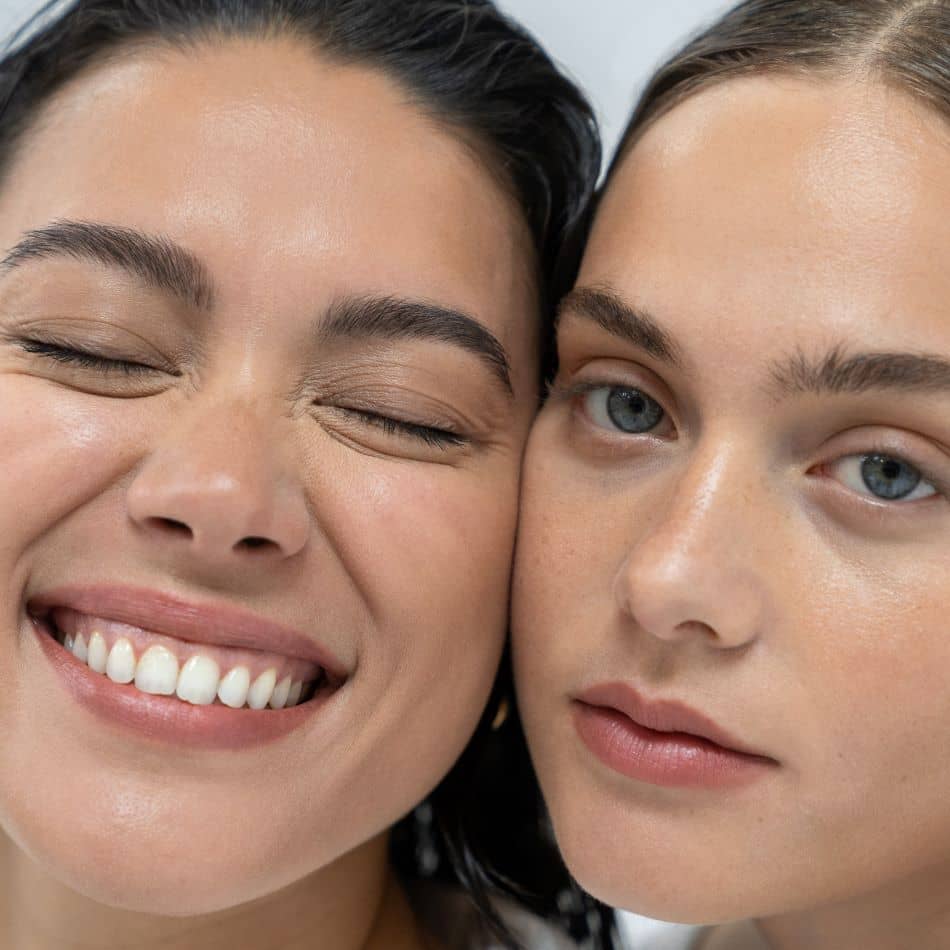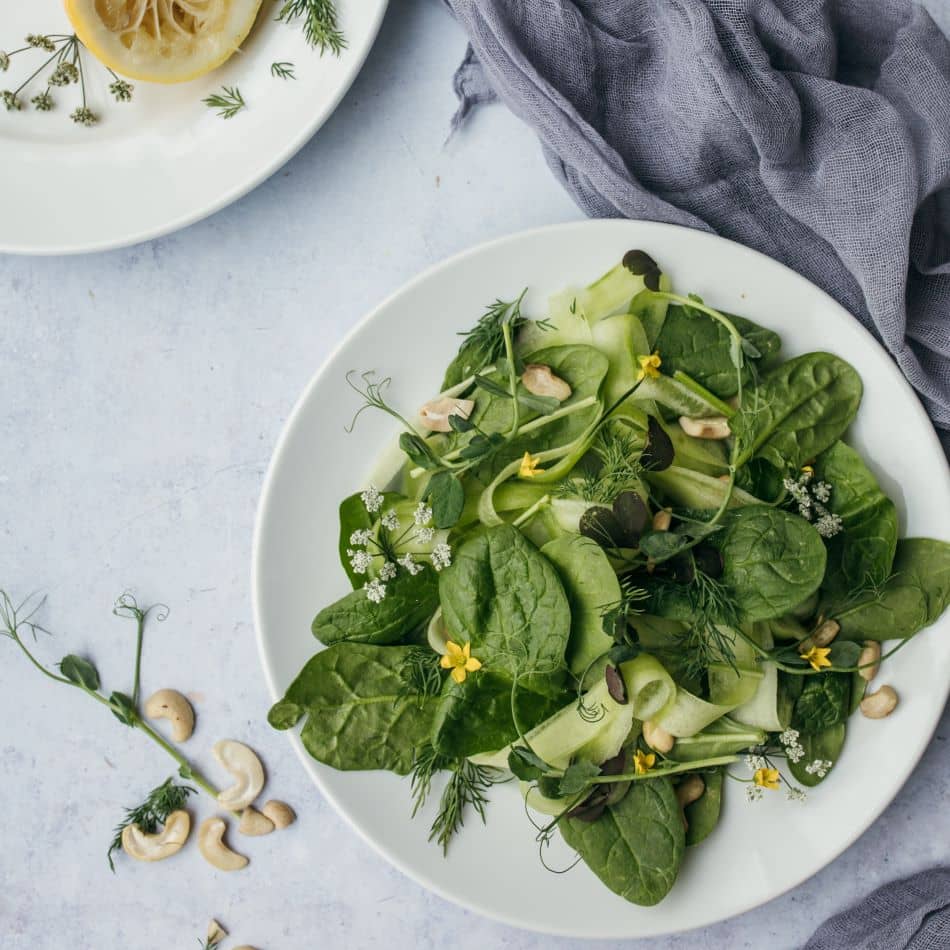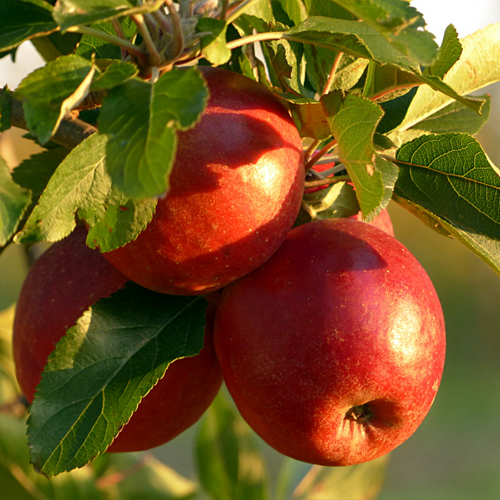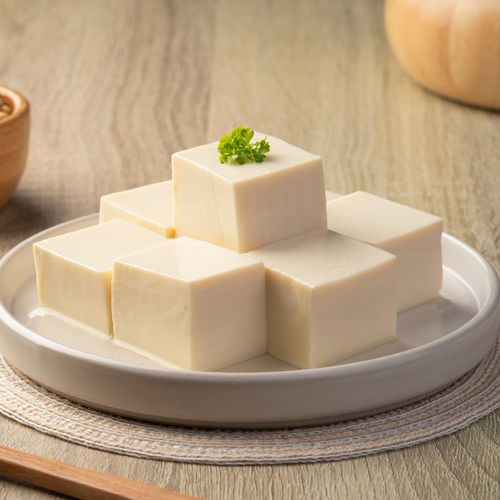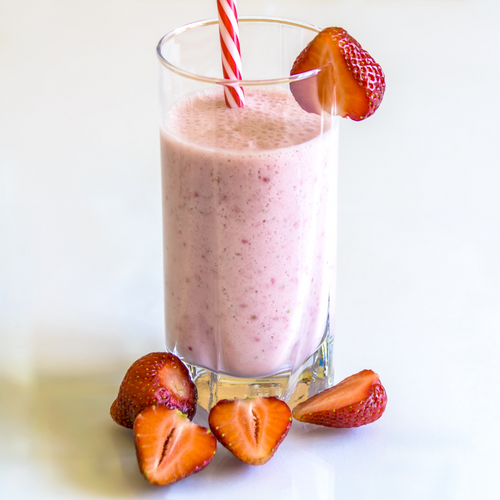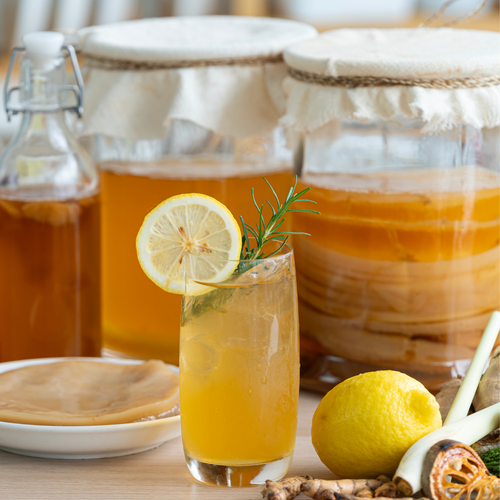It is rather defined as the intake of food between meals and thus represents a caloric surplus to the daily intake. This can therefore prove problematic in terms of weight management, but not only that, since we find various related problems. Indeed, snacking is rarely made up of quality foods and healthy nutrients. Often, people* subject to these irresistible cravings turn to fatty, sugary, industrial products, etc.
Why is long-term snacking bad?
#1 – It makes you gain weight
This is problem number 1. Few people include these food intakes in their caloric intake for the day, and for good reason, they are not planned. They therefore induce an energy surplus which the body does not need. This surplus is often made up of calories from sugar and fat, quickly transformed and stored as fat by the body, since it does not directly need it.
#2 – It is a deficiency factor
Snacking generally unbalances the diet and its rhythm. It can take over real meals, prevent you from feeling hungry during main meals and therefore limit the ingestion of foods rich in good nutrients. In the long term, we may be more prone to vitamin and mineral deficiencies.
#3 – It promotes the appearance of diabetes
As mentioned previously, snacking often involves sugary products that promote spikes in blood sugar and insulin production. After the body is exhausted from managing its blood sugar levels properly, we promote the appearance of type 2 diabetes.
#4 – It is a factor in deterioration of the teeth
Food intake naturally generates acidic salivary secretions which degrade dental enamel. Our body is capable of managing this phenomenon as long as it is not abnormally stressed by additional and repetitive food intake. Added to the fact that we rarely brush our teeth after each food intake, the risk of cavities is increased. Especially since fatty and sugary foods are the most cariogenic.
#5 – It causes digestive disorders
The standard eating schedule is well done: it gives our body time to properly digest each meal. In fact, each digestion phase lasts 4 to 6 hours. However, by snacking we disrupt digestion by restarting another one. This disrupts the proper functioning of the digestive system, and can therefore cause constipation, diarrhea, flatulence and bloating.
The consequences are still numerous; we could talk about cardiovascular problems linked to overconsumption of fatty and salty foods, the development of cellulite or the stress that snacking can cause. But let's focus instead on ways to limit it to get rid of it sustainably.
Anti-snacking tips
#1- Eat salty in the morning
Cravings to snack throughout the day can have a behavioral origin, but very often, they have a physiological origin. Frequent cravings during the day are often synonymous with a breakfast that is too sweet! Indeed, after the long period of fasting inflicted by the night's sleep, you must pay attention to the constitution of your first food intake. A breakfast mainly consisting of products rich in fast sugars will inevitably cause a spike in blood sugar: the blood glucose level increases drastically, and after a certain point, it decreases proportionally, this is reactive hypoglycemia. . At this stage, blood glucose reaches a critical level which creates an irrepressible craving for sugar to compensate for this lack. We will tend to turn to sugary foods which will re-create this chain reaction spike in blood sugar/hypoglycemia pattern, and which will lead to snacking throughout the day.
To avoid this, choose protein foods and foods based on good lipids, in combination with complex carbohydrates. Wholemeal bread, sourdough bread, low-fat cheeses, avocado, ham, eggs… All these foods are best in the morning.
#2 – Impose a fixed eating rhythm with a balanced composition
The pitfall with snacking is skipping essential meals, which provide you with higher quality nutrients than foods eaten between meals. Even if you have given in to temptation during the day, disrupting your eating schedule only leads to eating disorders, deficiencies and increased snacking.
Prescribing meals at fixed times also naturally reduces cravings at odd times.
#3 – Take time to eat
Simple yet essential tip. It is by taking the time to eat that we establish lasting satiety because our brain really becomes aware of the quantities ingested. A meal must therefore last at least 20 minutes, this is the time necessary for the stomach to send a message of satiety to the brain.
#4 – Consume raw and healthy foods
By constituting your meals with raw foods, you maximize your intake of good nourishing nutrients. In fact, industrial food loses a lot of nutritional quality. Overconsumption of these products reduces satiety, increases blood sugar peaks, worsens the ingestion of toxins and therefore inexorably increases the desire to snack.
However, if the desire to snack arises and becomes a little too intense, do not hesitate to treat yourself to a snack at a set time, every day if necessary. If it is properly integrated into your daily intake, and it consists of healthy foods (such as low-fat dairy products, fruits, oilseeds, etc.), it will not be harmful! Also remember to drink plenty of water during the day, it's a recognized appetite suppressant tip, but don't wait until you're hungry or thirsty, hydration must be regular throughout the day.
At DIJO, we offer individual 45-minutedietary consultation sessions, with a dietitian, to find personalized solutions to your problems. Let's determine together your needs and your means to achieve your objectives, a 15-minute session is planned later to take stock!












